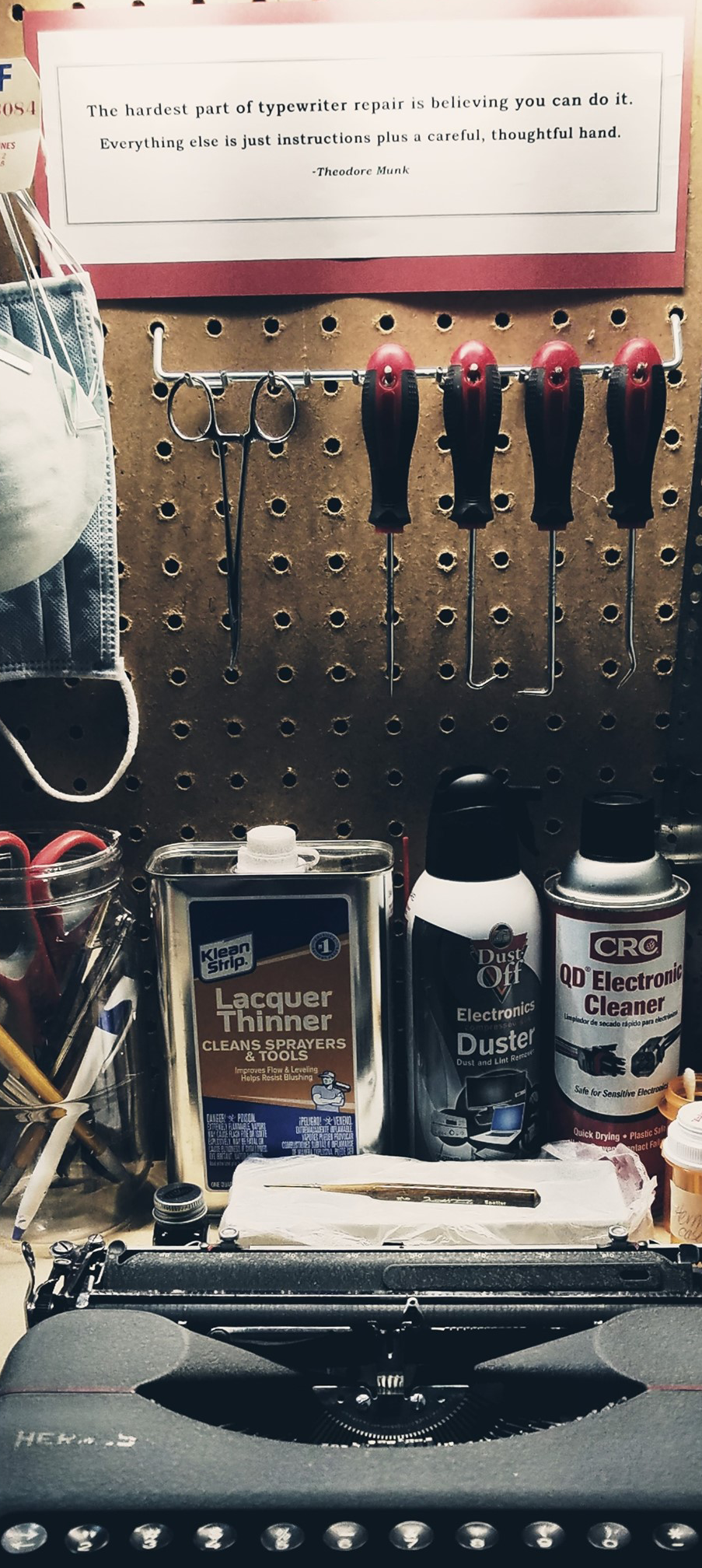Petra de Sutter, rector U Gent had in haar inaugurele rede in september 2025 twee citaten die verzonnen zijn door AI.
Het eerste niet bestaande citaat - Einstein, 1929 in toespraak Sorbonne, "dogma is the enemy of progress" (Einstein did receive a honorary doctorate Dec 1929 at Sorbonne)
Het tweede, niet benoemd - uit "de rectorale rede" Hans Jonas 1979 Uni Munchen, parafrase van wat Rabelais in de 16e schreef. (Jonas never lived in Germany again after the war, but was a visiting prof in Munich 1982-1983 per https://en.wikipedia.org/wiki/Hans_Jonas so the speech never existed.
